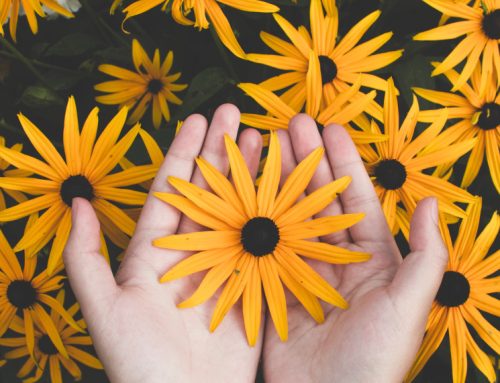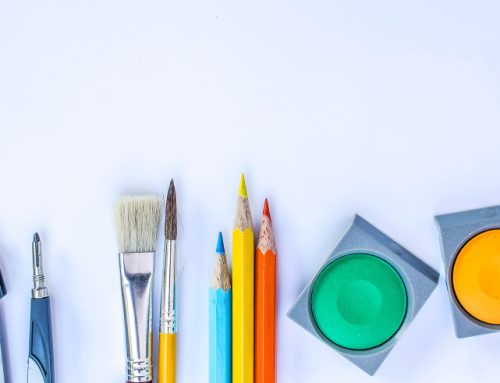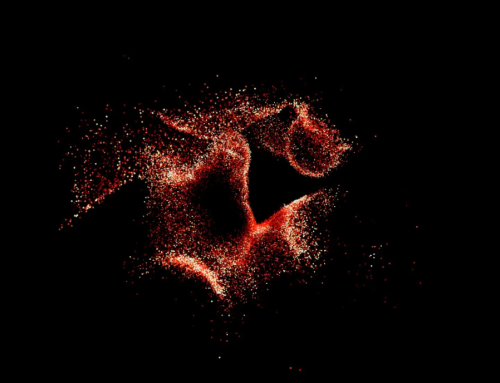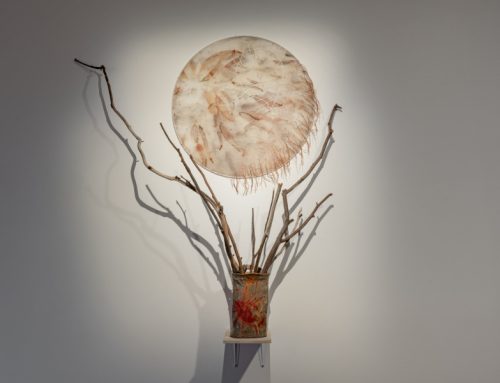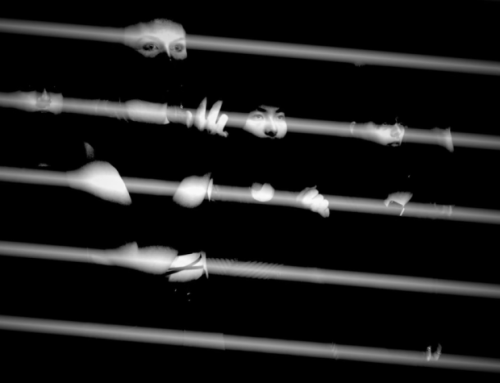Sitting on the Edges of Being Invisible
Extract from an interview with
Jodie Wainwright, CEO Milk Crate Theatre
Now with COVID-19 very much at the forefront of everyone’s mind, the fragility of all that is familiar is becoming increasingly apparent. “Who’d have thought…just a week ago, just two weeks ago….” And we look back on our lives of routines, deadlines, certainties, then look ahead and none of those fixtures are reliably in place. But it is a situation we share. On phones and apps we can exchange up-dates on the new normal: social distancing, lockdown, travel bans.
Statistics indicate however that social fragility was well in place before Coronavirus dominated the airwaves. As Jodie Wainwright, CEO of Milk Crate Theatre, points out, at any one time 30% of Australian’s population are two pay packets away from being homeless. “Australia,” Jodie continues, is deceptive, “it’s not Skid Row; here we have a different homeless challenge: Only 6% of our homeless population are rough sleeping,” explains Jodie. “That means the true percentages of people who are actually homeless are hidden. In boarding houses, in over-crowded accommodation. Unsafe, unsecured accommodation. But because they’re not rough-sleeping, they’re not as visible.”
Visibility is of primary concern to Milk Crate and those who participate in what it offers. A unique theatre company, Milk Crate Theatre uses performing arts to change the story of homelessness. “I think,” says Jodie, “the assumption that someone, who is homeless, hasn’t any inner artistry or can create work or can come out with really beautiful things is a complete myth. Because definitely, sometimes huge amounts of beauty and natural empathy comes out of people, who have come through really challenging circumstances.”
Relying on annual funding of $650,000 per annum, Milk Crate offers drop-in workshops throughout the year with professional artists in Western Sydney and Sydney CBD. Using drama techniques to foster self-expression, Milk Crate offers a free and safe space where people can meet and learn new skills through creative processes. Professional practicing artists facilitate programs and projects where participants are encouraged to contribute ideas, share stories and carefully explore, without rehashing the trauma, the complex issues associated with mental health, financial, emotional and physical support needs, as well as addiction, trauma, domestic violence and people who are recently arrived.
Simultaneously Milk Crate provides links to multiple community services, so coming into the Arts program is, according to Jodie, “a nice, empowering way to accessing support networks, without having to link in through crisis all the time and be asking for help – so you can connect through our partnerships with crisis support in the way of food, bedding, showers all that sort of base-level assistance but at the same time you can participate in programs that help you to reconnect, to build confidence, to make positive life changes; our focus is on participant wellbeing.”
Jodie recognizes that most of Milk Crate’s participants come to them with a pre-existing mental illness. “So, the link between homelessness and mental illness is very high. Some people are homeless because they had a mental illness, and there’s no question that being homeless damages your mental health. Over the long term. Not having secure housing … there’s no way that can’t have an impact on your mental health.”
One of Milk Crate’s partnerships has been with The Black Dog Institute, investigating the relationship between homelessness and mental illness. “You don’t fix mental health issues,” Jodie insists, “you learn to live with them better.” Jodie sees the inability and lack of opportunity for self-expression as integral to the perpetuation of social exclusion. And she sees the joy and empowerment that comes from performing material that has been created by those they have lived the stories they are now sharing. “The very process of being able to be part of a performance,” says Jodie, “which will be very physical, and being heard and being appreciated can have a very cathartic and empowering impact on people who are generally sitting on the edges of being invisible.”
Milk Crate’s primary artistic focus annually is on their one major show. In 2019 the company of professional artists and participants under the directorship of artistic director Margot Politis, produced “’Natural Order”. A tremendous success, it was about the social systems that are keeping Milk Crate participants in place. “So, a lot of it,” enthuses Jodie, “was around Centrelink. What was amazing about that work was this incredible sense of humour that came out about some of the depressing things that they’ve been through in a Centrelink office. That they are still able to laugh, really proves the humanity and inner strength that they are able to bring that humour to the piece.”
Jodie concludes: … “I think what’s so amazing about the work, there’s just so much assumption that’s coming from the media and the government about what homeless people are. That they’re no-hopers and they don’t want to lift themselves up out of their …The reality is that that actually is not true and most of them are trapped in situations or have issues in their lives that they just can’t get out of and it’s not their fault and it’s just a really hard thing – and through the show they’re able to share some of their experiences that they have been and have people walk away with a better understanding of what they’ve lived through.
To be honest, sometimes I think we can only really do that through the arts, where you can step into someone else’s life for a moment and get that true empathy.”
Posted by Dr Linden Wilkinson,
Artist & Researcher, Sydney University.

